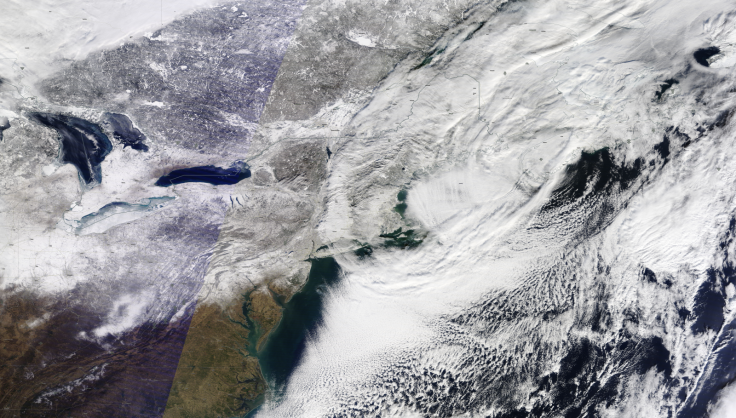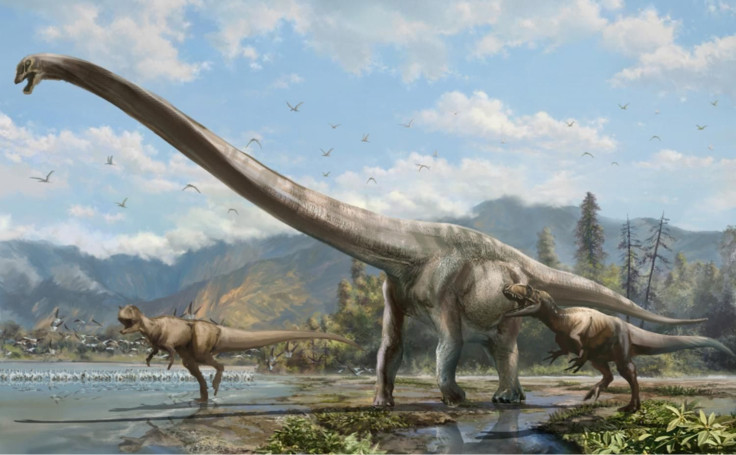Start Spreading The News: What You Should Read Today [01/29/15]

The snow has stopped falling on the Northeast, which means we can turn our attention back to the Super Bowl as well as domestic and foreign affairs.
The U.S. Senate is expected to vote on the controversial Keystone XL pipeline Thursday. The bill will likely pass the Senate, but President Barack Obama has said he will veto the legislation.
While officials vowed to continue to search for missing Malaysia Airlines Flight MH370, the country's Department of Civil Aviation has ruled the disappearance an "accident."
Below are a few more developing stories that you should follow today.
Measles Spreads To Arizona
The measles outbreak that began at Disneyland in Orange County, California, has spread to Arizona. Seven cases have been confirmed in the state, while another 1,000 cases are being investigated, the Washington Post reported.
There are 79 confirmed cases of measles in California, and several states, including Colorado, Michigan, Nebraska, Oregon, Utah and Washington, have measles cases linked to the amusement park.
"[The California Department of Public Health] recommends that anyone not already immunized against measles gets immunized at this time. Two doses of measles-containing vaccine (MMR vaccine) are more than 99 percent effective in preventing measles. If you are unsure of your vaccination status, check with your doctor to have a test to check for measles immunity or to receive vaccination," the California Department of Public Health said in a statement.
A Long-Necked "Dragon"

Researchers from the University of Alberta have discovered a new long-necked dinosaur in China. The fossil site of the Qijianglong ("dragon of Qijiang") was first discovered in 2006. The head and neck of the dinosaur were attached. Qijianglong is about 15 meters long and belongs to the family of sauropods, long-necked dinosaurs, known as mamenchisaurids. "Qijianglong is a cool animal. If you imagine a big animal that is half neck, you can see that evolution can do quite extraordinary things," Tetsuto Miyashita, University of Alberta Ph.D. student, said in a statement.
How Religious People View Science
A new study published in the American Sociological Review found that close to 20 percent of U.S. adults are deeply religious, and while they have positive views of science and technology, they do not support the theories of creation or evolution. "This finding is particularly interesting because these people who view both science and religion favorably -- people who hold what we call a post-secular perspective -- have relatively high levels of education and income, and many social scientists assume that high levels of education and income, as well as positive views of science, are incompatible with religiosity," lead author Timothy L. O'Brien, from the University of Evansville, said in a statement. Another interesting finding was that the percentage of post-secular individuals who believed the Bible is the "literal word of God" was higher than all of U.S. adults, 48 percent compared with 31 percent.
© Copyright IBTimes 2024. All rights reserved.






















